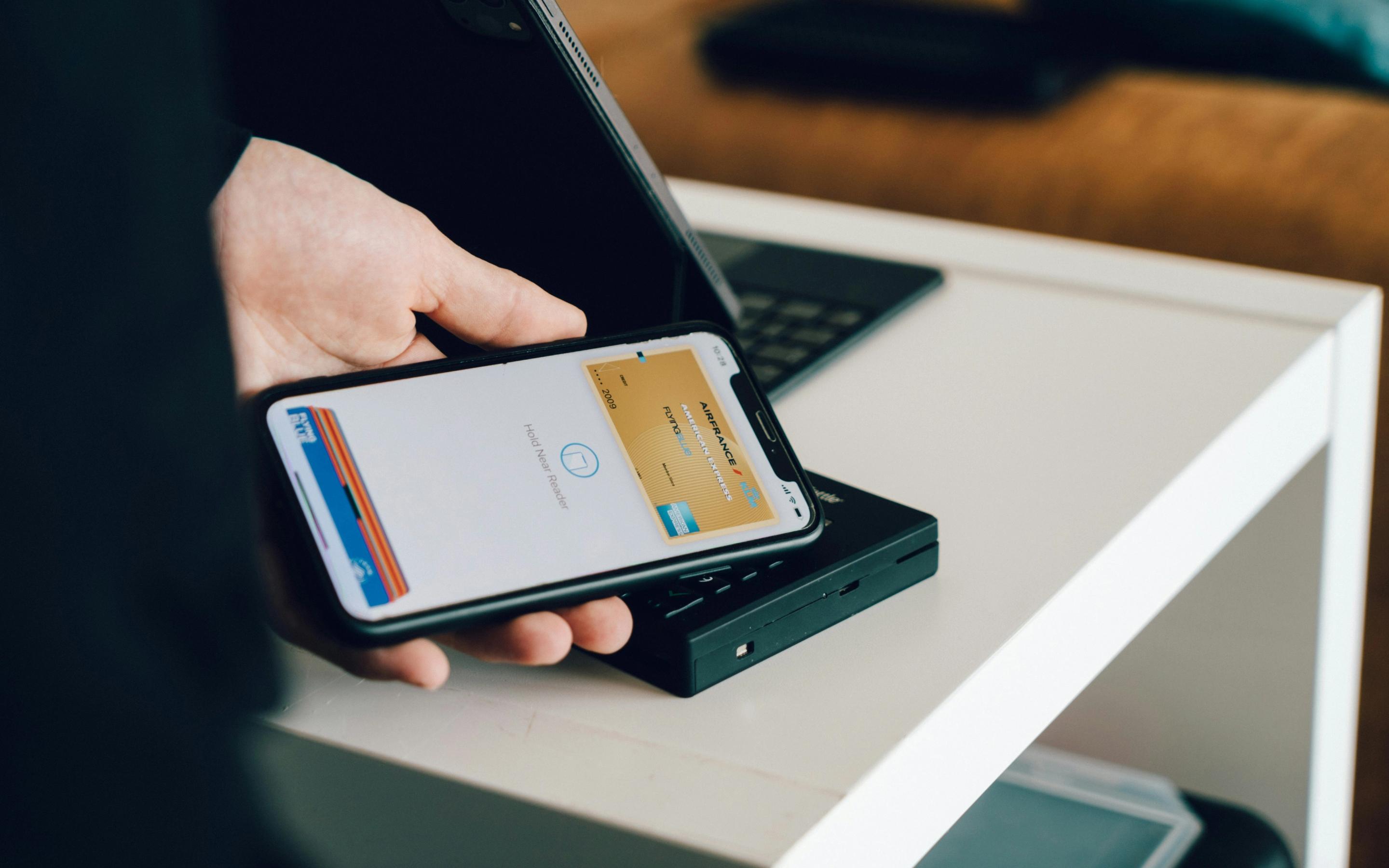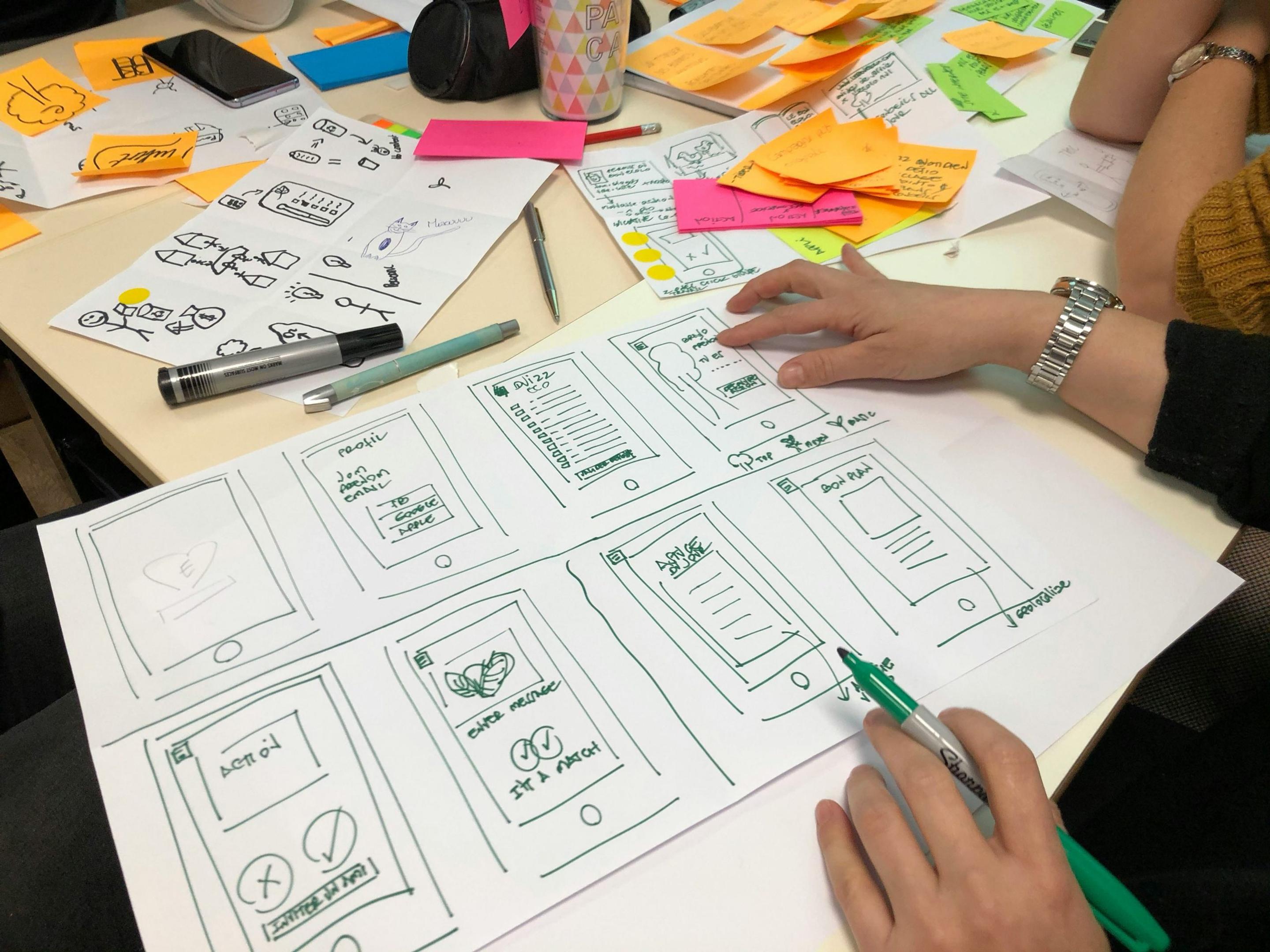Top 5 Cases of Digital Transformation in Transportation

Embracing new technology is crucial for your business to expand and progress, regardless of the industry you’re in. However, some companies benefit more from new technology than others, especially those where equipment or machinery plays a more significant role in completing operations than human employees. For example, digital transformation in transportation companies offers those companies significant advantages.
In this article, we'll examine five best-in-class examples of digital transformation in transportation. Some of these businesses offer insight into successfully implementing new technology in a transportation company, while others demonstrate the types of digital products that can be particularly impactful in the industry. Read on to learn more.
1. First Group
First Group is one of the largest public transport operators in the United Kingdom, and First Bus is a significant component of the overall business. In 2017, Future Platforms became the sole mobile partner for First Bus and began developing a new mobile app for First Bus customers.
The biggest driver for this digital transformation was the fact that the previous mobile setup for First Bus was entirely inadequate. Users needed to download and use two apps to set up a journey: one for planning their route and one for buying tickets. Future Platforms combined the functionality of the two apps and included a host of new features, including accessible seat availability and live tracking of bus locations.
Future Platforms plays a huge role in First Group's continuing digital transformation: In addition to developing the First Bus app, Future Platforms also manages the mobile application for First Rail. Management and continual improvement are key for any digital transformation, as they ensure that introducing new, valuable updates compounds the successes of the initial software rollout.
2.Transport for London
Transport for London (TfL) has a long history of digital innovation. It is the oldest rapid transit system in the world and the 8th largest by number of stations. One of the best examples of digital transformation in transportation is TfL's adoption of contactless payments in its stations.
TfL’s introduction of contactless payments is a great example of a customer-focused digital innovation. In addition to the obvious convenience of making a contactless payment, the system also optimises customer journeys: It automatically calculates the best value fare based on the customer's specific journey history and charges them at the end of the day, ensuring they always pay the lowest fare.
3. Uber
Founded in 2009, Uber was the first to offer the now-familiar concept of a rideshare service. This represented a significant digital transformation in transportation, not for the individual business but for the transport industry as a whole.
Uber’s mobile app represented a leap forward in transportation in several ways:
4. DHL
As well as the transportation of people, it’s important to mention the movement of assets when considering the best examples of digital transformation in transportation. For instance, how DHL has implemented the Internet of Things (IoT) into its operations is a great example of the right way to embrace technology.
The primary benefit of DHL’s IoT tech is the amount of data it provides to the organisation. For a shipping company, having real-time information on the location, status, and condition of the items being shipped is invaluable. Furthermore, the analytics that can be extracted from IoT data help improve and refine operations going forward.
5. Avanti West Coast
Another best-in-class example of digital transformation in transportation is Future Platforms’ development of the Avanti West Coast Rail mobile app. Avanti approached Future Platforms in 2019, facing a tight launch deadline to avoid a loss of business when they took over the previous franchise.
It is important to note the timing of this technology implementation: when entering a new market or (in this instance) taking over a service from another organisation, digital transformation can help smooth the transition. For example, the mobile app that Future Platforms developed for Avanti helped position the train operator as a leader in customer-centric service provision.
Furthermore, Avanti has ensured that they work to continuously enhance their app and cement their place as a positive presence in the new line of service. As such, they are working with Future Platforms to implement other helpful features over time, such as enabling in-app refunds, ticket type specifics, and GA4 integration into the backend.
Enable Digital Transformation in Your Transportation Business With Future Platforms
Are you looking to join these transportation companies that offer best-in-class services? Digital transformation is essential to the journey, and Future Platforms can help.
We can develop appealing, engaging mobile applications and build sleek, functional websites for businesses across any industry. Our team has extensive experience meeting specific client requirements, so we're confident that we can provide exactly the digital product you're looking for.
If you want to work with Future Platforms or are interested in learning more, get in touch today.





